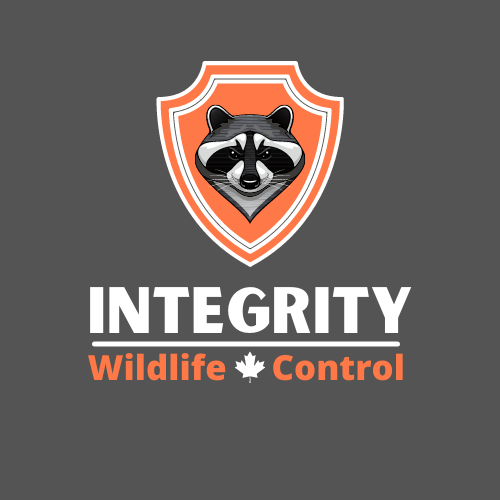Climate change is a global issue that is having far-reaching impacts on the environment, and wildlife in Canada is not immune to its effects. In recent years, there have been increasing reports of how climate change is affecting wildlife in the country, from disruption in migration patterns to changes in habitat and food availability. One particular animal that is being impacted by these changes is the skunk, which has led to the need for skunk trappers to handle the increasing conflicts between skunks and humans.
Skunks are a common sight in many parts of Canada, known for their distinctive black and white fur and their potent defense mechanism of spraying a foul-smelling liquid when threatened. However, climate change is causing shifts in their habitats and behavior, leading them to encroach on human settlements in search of food and shelter. This has resulted in more frequent encounters between skunks and humans, leading to an increasing need for skunk trappers to handle these conflicts.
The warming temperatures and changing weather patterns brought about by climate change are altering the availability of food sources for skunks. As their natural prey populations are impacted by these changes, skunks are forced to look for alternative sources of food, often resulting in them scavenging in urban areas. This behavior brings them into closer contact with humans, increasing the chances of conflicts and the need for skunk trappers to intervene.
In addition to changes in food availability, climate change is also affecting the migration patterns of skunks. Warmer temperatures are allowing skunks to expand their range further north, leading to an increase in their population in areas where they were previously not commonly found. This expansion can lead to conflicts with humans, as skunks come into contact with residential areas in search of food and shelter.
The increasing presence of skunks in urban areas has led to a rise in the number of encounters between skunks and humans. Skunks are known carriers of diseases such as rabies, making these encounters potentially dangerous. To mitigate the risks posed by these encounters, skunk trappers are called upon to safely and humanely remove skunks from residential areas and relocate them to more suitable habitats.
Overall, climate change is having a significant impact on wildlife in Canada, including the skunk population. The need for skunk trappers to handle conflicts between skunks and humans is likely to increase as these animals continue to adapt to changing environmental conditions. By understanding the effects of climate change on wildlife and taking proactive measures to address these impacts, we can help protect both animals and humans from the consequences of a warming planet.
For more information visit:
Integrity Wildlife Control
https://www.integritywildlife.ca/
Integrity Wildlife Control
Canada’s premier wildlife, pest, and animal removal and control company.
Backed by 20 years of experience, Integrity Wildlife Control is the company to call for permanent wildlife control
and wildlife removal in Hamilton and the Greater Toronto Area. Our four-step process identifies and removes unwanted wildlife from your home or business. We then repair all damage and prevent wildlife from returning. Our wildlife removal process provides effective and affordable solutions and includes a
money-back guarantee and a lifetime warranty.
Integrity Wildlife Control provides service you can trust.

